Who cares if AI-content is art?
Not me
Who cares if AI images, songs, or whatever-the-hell an LLM comes up with next is art or not? In order to make it clear that that's not a rhetorical question, I'll answer it. I don't care.
That doesn't, however, make it a bad question.
The starting point for this is a couple articles I've read or re-read lately tackling the subject of whether or not AI can create art, along with starting to re-read Arthur Danto. My overwhelming thought is that the question of what makes art "art", and therefore different from similar objects of cultural production that are NOT art is one we're not going to answer definitively any time soon. Further, having an answer to that question is less important than trying to answer it for yourself.
(Note: this might sound a bit like "doing your own research" and let's be grown-ups here. I'm not talking about watching half a YouTube video and seeing a few memes on Facebook and then deciding to ignore people who have spent their professional lives studying a topic. More on this in a moment.)
Main source articles here:
"works of art are embodied meanings", Arthur Danto
It's Oliver Danto who directly addresses the question of art vs "things that might look like art" and comes up with the simple-sounding statement that "works of art are embodied meanings". Danto was a philosopher by training and longtime art critic, who situated the postmodernist and contemporary art world as existing after the "end of art". What he doesn't mean is that no more art will/can be created, or that any art after "end of art" is in any way inferior to that created earlier. Rather he roots his thinking in a Hegelian story of art moving from imitation of the physical world (most of the history of western art), through art rooted in ideologies and movements (cubism, abstract expressionism, feminist art, performance art, etc.), to a point where seemingly anything can be called art.
"There is no special way works of art have to be. And that is the present and, I should say, the final moment in the master narrative. It is the end of the story." After the End of Art
"Today art can be made of anything, put together with anything, in the service of presenting any ideas whatsoever. Such a development puts great interpretative pressures on viewers to grasp the way the spirit of the artist undertook to present the ideas that concerned her or him." What Art Is
Where does that leave us? There are a lot of things that are, by most people's standards, art, that I simply don't grok. Artworks that, when I experience them, don't embody meanings, forge a relationship with me, or allow me to experience another's feelings. I'm on record having said that I don't really "get" dance as an art form. I earnestly believe that it is one (people whose judgements I value highly are moved by it) but, and I'm being brutually honest here, I mostly like it when they jump high. I am missing every embodied meaning when I watch a ballet.
(I'm exaggerating slightly, and want to call out two exceptions: Pina, the film about Pina Bausch, and Yoann Bourgeois falling up a flight stairs. Those both left me dumbstruck.)
"Art is a human activity, consisting in this, that one person consciously, by certain external signs, conveys to others feelings he has experienced, and other people are affected by these feelings and live them over in themselves." Erik Hoel
Obviously a lot of other people experience dance very differently and it's because of their conviction that I absolutely consider dance to be art. But it doesn't move me the way painting does and - here's the crux - that has nothing to do with dance and everything to do with me. I can't judge dance as an art form. That means there are dozens (hundreds) of other art forms that I also can't judge. I can't judge the quality of an artwork from a culture I'm unfamiliar with, and in the same way probably can't distinguish an art work from a everyday object in this culture culture.
If that's true, how exactly am I judging "art" as a category, and saying what belongs and what doesn't?
Reading the above articles and books, I remember Roger Ebert (infamously) saying that videogames could never be art.
“No one in or out of the field has ever been able to cite a game worthy of comparison with the great poets, filmmakers, novelists and poets.” Roger Ebert
Boah! Where does one start? First, let's note that this was written over a decade ago. Secondly, and I think crucially, what's up with the adjective "great" here? An ungenerous reading of this quote leads us to believe that the only artists that matter are the great ones. The best writers, poets, painters - it's through them and them alone that we define art. Does Ebert think that a game could be worthy of comparison with Charlotte Posenenske, Ralph Steiner, or Thomas Nozkowski?
Each of these artists, none of whom I'd heard of before going to the MOMA website, has multiple works in their collection. I'm going to wager that none of these artists are "great" (which is primarily an art historical definition) and operated in the same league as Michelangelo, but is their work, when appreciated by a viewer, not valuable? What if neither Ralph Steiner nor an AI program could create something worthy of comparison with Michelangelo? Is his lesser creation nevertheless art, while the AI's is not?
"An artform is a framework for a relationship between the artist and the audience." Neal Stephenson
The overwhelming feeling I get from these arguments is that people care passionately about art (which I do as well) and are desperately trying to convince me that they're on the right side of the argument. And I get it. Culture is moving really quickly and AI boosters along with business-school graduates and VCs are desperate for AI to do something that matters. Creative work is being devalued at every step of the way and "arty people" (of which I am one) are worried about our financial future and cultural relevance. So lots of people are arguing about art (Danto of course was not talking about AI but was well aware of the arguments around postmodern and conceptual art and his writings are a part of that discourse).
Where these arguments ultimately bring me to is the topic of who exactly "wins" an an argument. I know I've written about winning arguments before, so apologies to anyone who's hearing this for the second or third time. The crux of the idea is - what if the person who wins an argument isn't the one who convinces the other person that they're right, but the one whose mind gets changed, and learns something new?
Put simply, what's better - going into a conversation believing one thing and leaving the conversation unchanged, having learned nothing? Or leaving the conversation changed, having learned something, having encountered new ideas, and growing? It's the second that I find more interesting. This isn't to say that beliefs and values can't be lasting, but once they become set in stone, then they might as well be a religion.
my own working definition of art is basically “inspiration + taste + craft.” Charlie Becker
The feeling I get from the majority of these articles is that they are hellbent on arguing their point, determined to convince the reader that art is X or Y, but not really engaging with the question in an open way. I guess what I'm saying is that I don't need more passionate defences. I want thoughtful consideration.
Which brings me back to "doing my own research". Essentially it's time to hit the books again. Look, I love newsletters and blogs and all the rest, but the thing is, any ding-dong can write one. Let's take me for example. Who the hell am I to write about art and AI? Have I studied either? I can tell you, dear reader, that I have - but I could be lying. What qualifications do I have that make my words on these topics any more valuable than someone else's? Has anyone copy edited this newsletter? Did I sit with these ideas for days, weeks, and years - or did I bang this out in 30 minutes, hitting "publish" as soon as I was "done"?
I care about these topics, and because of that I find myself looking for rigorous writing, and vigorous thinking. I think I need to dive into some heavier stuff because, if this actually is important to me, it's worth the effort.
That's why I pulled out the Danto and why I've given myself a reading list - or, in the spirit of full-disclosure - an LLM gave me a reading list:
"Art as Experience" by John Dewey
"The Transfiguration of the Commonplace" by Arthur Danto
"Ways of Seeing" by John Berger
"What Is Art?" by Herbert Read
"The Philosophy of Art: Readings Ancient and Modern" edited by Alex Neill and Aaron Ridley
If you've come this far you'll notice only citations so far are from Danto, and from different books than what's on the list. I've started my reading by heading back to the library and grabbed the titles that were first available as e-books.
Stay tuned for more on the topic. It may be next month, it may take a bit longer. Fall 2024 is proving to be a bit busy with travel and freelance work, so it's hard for me to say what's next. Whatever it is, you'll be the first to know.
In other news, I moved into a new studio last week.
I'm subletting again, this time in Bergmannkiez and really excited to get back to work. I've been away from the collages for some time and missing them. On that note, I can say that there will be another "old paper post" up on the blog in the coming weeks.
I've done a bit more work on the previously mentioned story of ACC Records.
I'm hesitant to call this a "project" yet but it may turn into one.
Thanks all. Comment to let me know that I'm full of shit, or to point me to some good writing on art that I've missed, or to buy a collage.


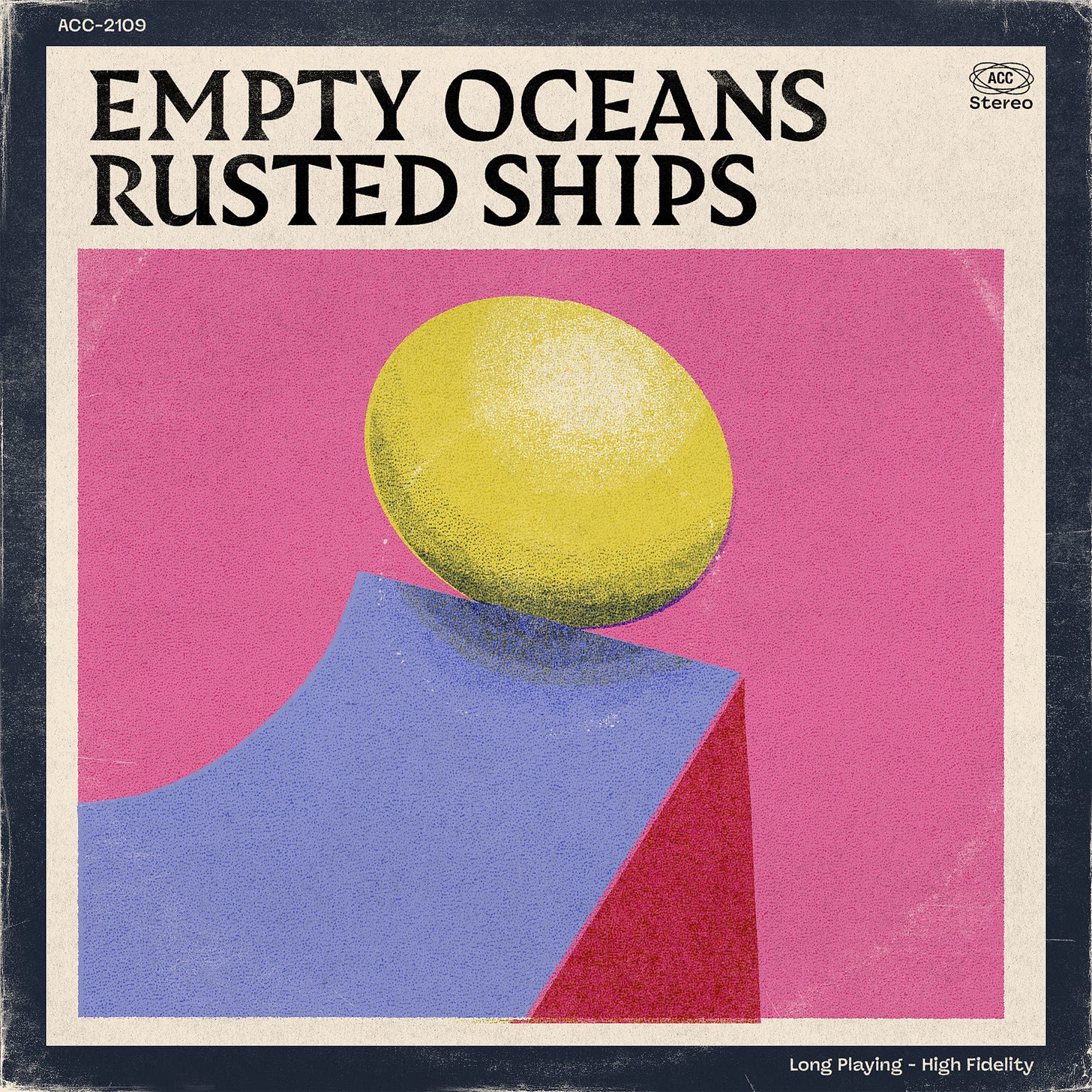
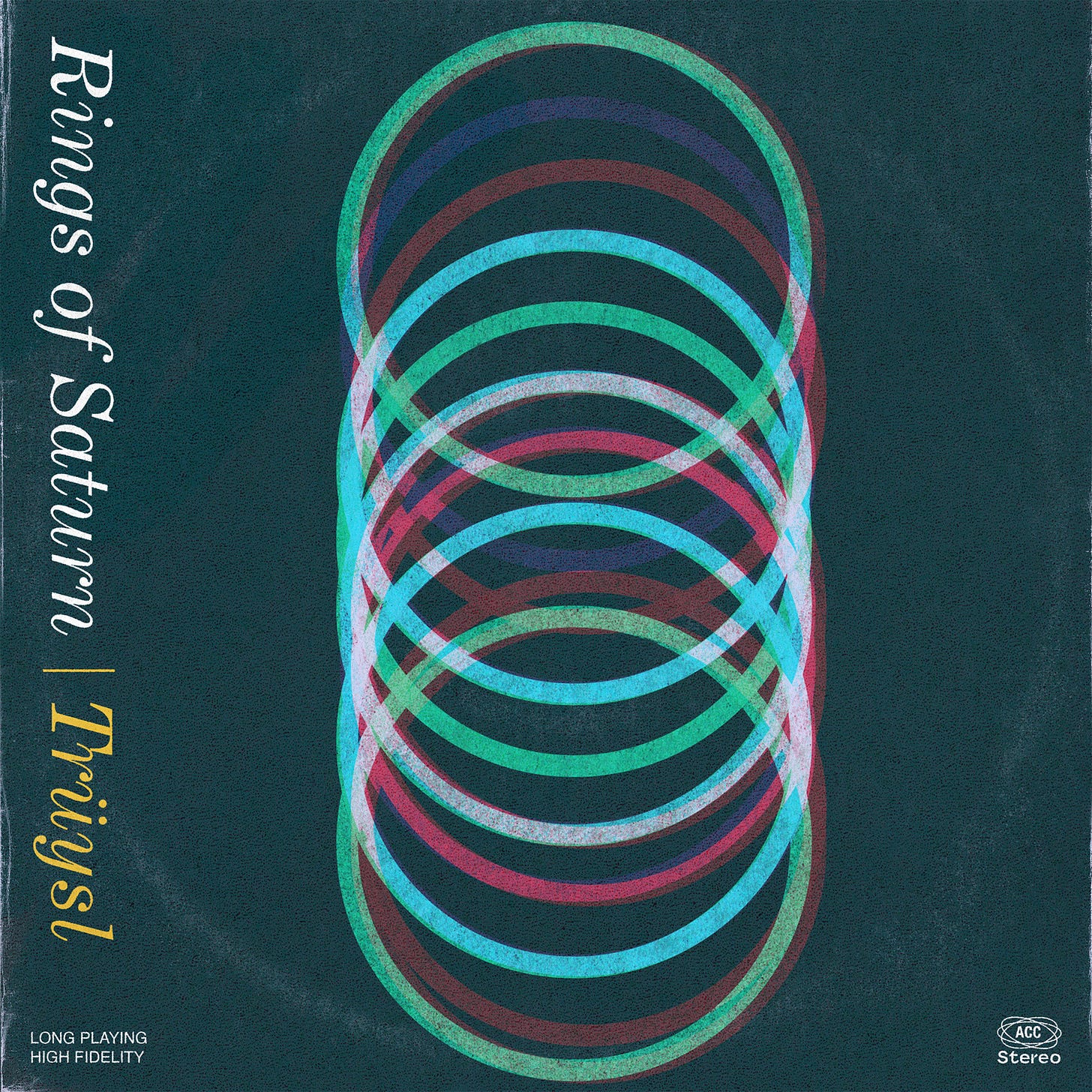
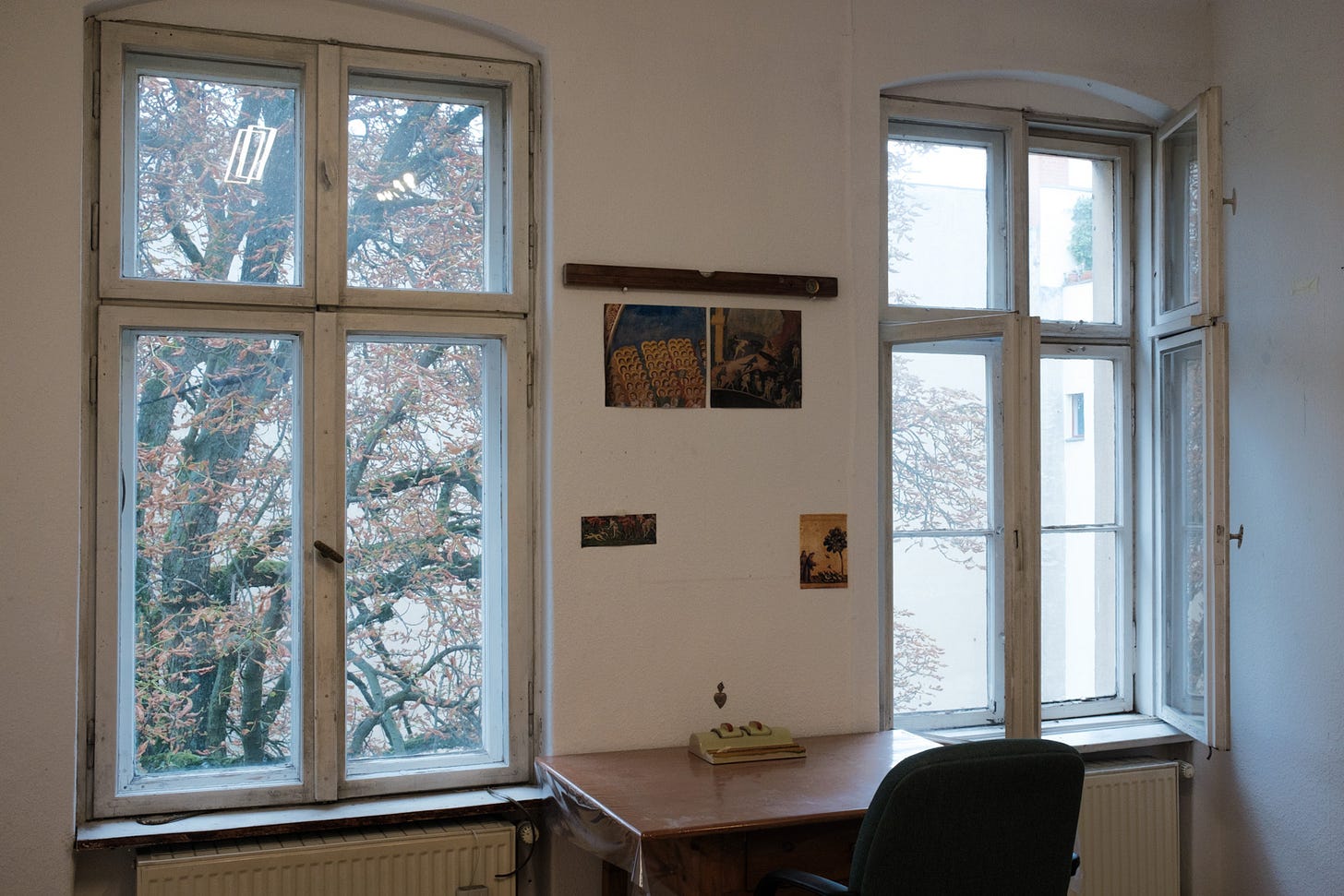
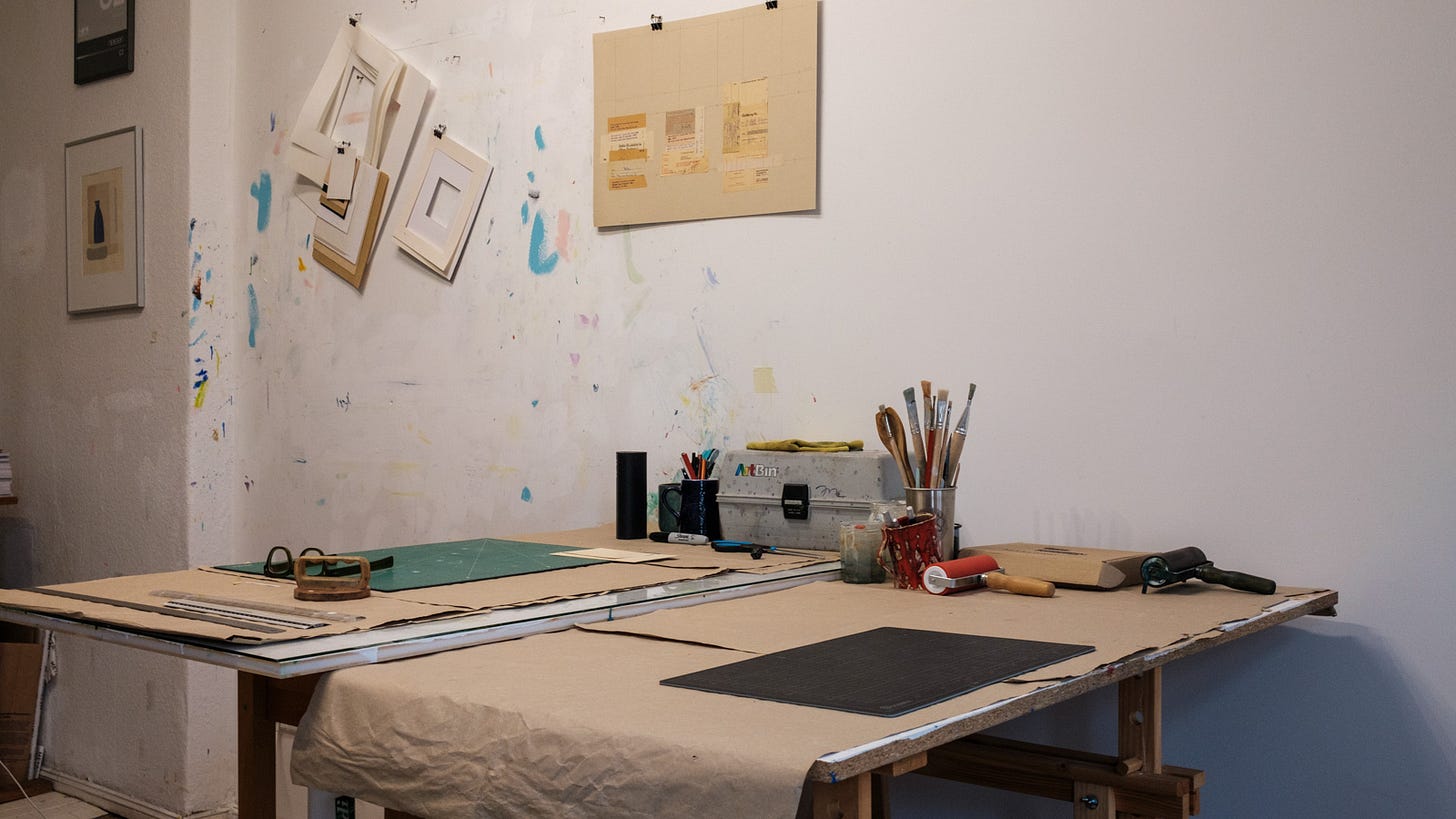
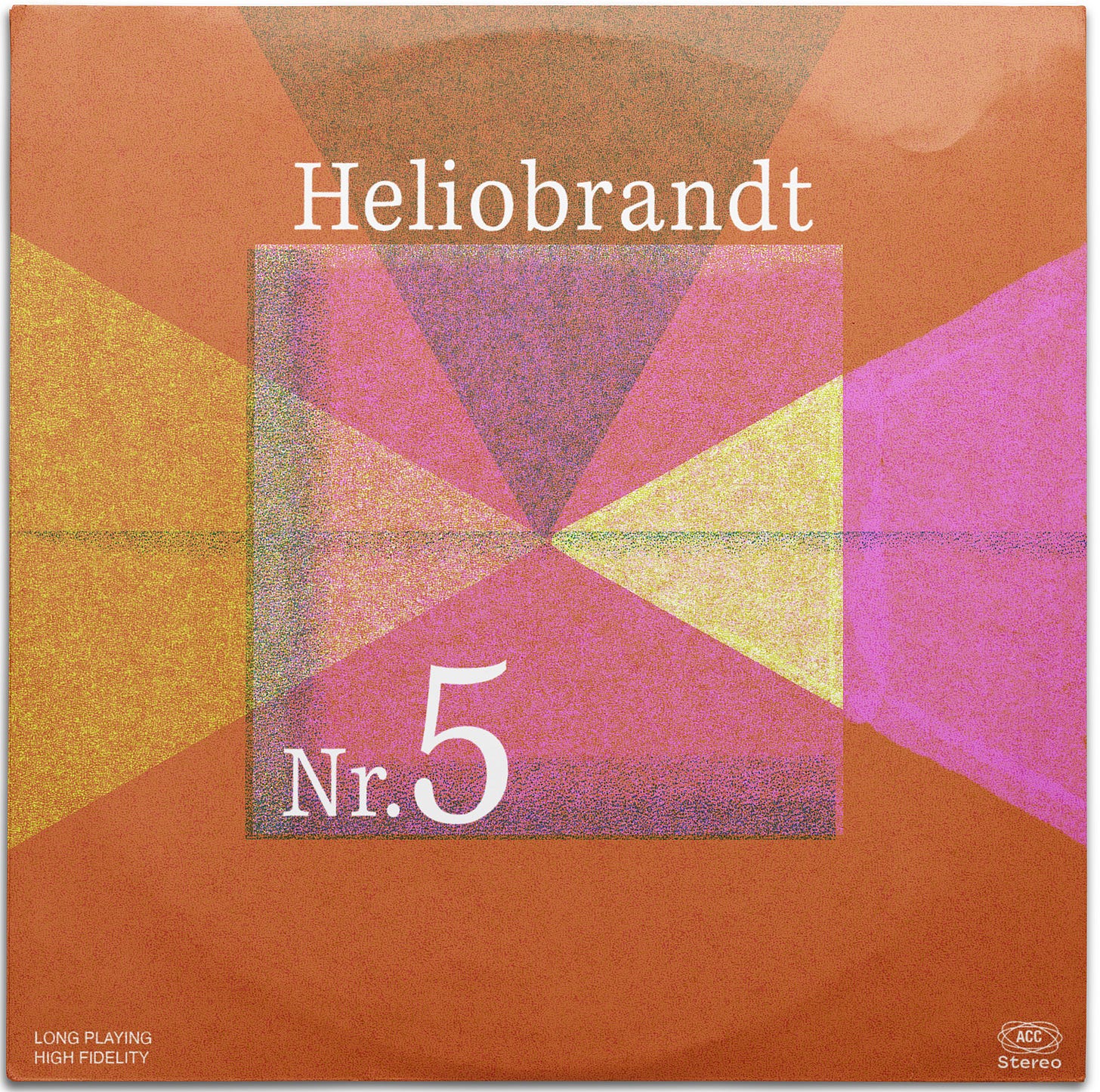
I love the serendipity of both of us publishing on the same topic within minutes from each other.
The time thing is weird because, with these essays, we don't care how long it took. We care about the outcome. My AI essay to much longer than almost anything else I've written. I formed, unformed, and reformed it dozens of times with thousands of decisions.
Conversely, I have a few of my more popular essays that didn't take long at all. They just flowed.
So in some ways, the time doesn't matter and in some ways the time matters. I haven't quite teased that apart but it rests more on mastery.